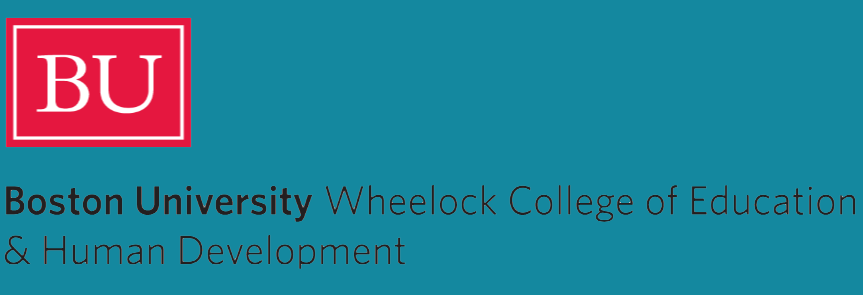Technology and Trust
In a rapidly changing digital world, children are increasingly interacting and engaging with various forms of technology. As prior research has established and continues to analyze how children learn from others (e.g., peers, parents, teachers, etc.), we want to also uncover how children learn from non-human sources, spanning both technology and media. This work is crucial in understanding how children’s digital environments influence their social, cognitive, and educational development.
This study, Technology and Trust, looks at how 8- to 12-year-old children judge the credibility of different technological sources (Google and ChatGPT) across various domains of information (stable, transient, and personal) and also how they perceive and interact with those sources. Children will answer questions about information provided by Google and ChatGPT, rating their credibility and distinguishing whether one was better than the other. The study aims to unpack if and how children differentiate between technological sources or if they view them as the same. This work will inform what characteristics and modalities within technology resonate most with children, influencing how we may utilize such designs for educational purposes.
This study is currently at the stage of data collection.
